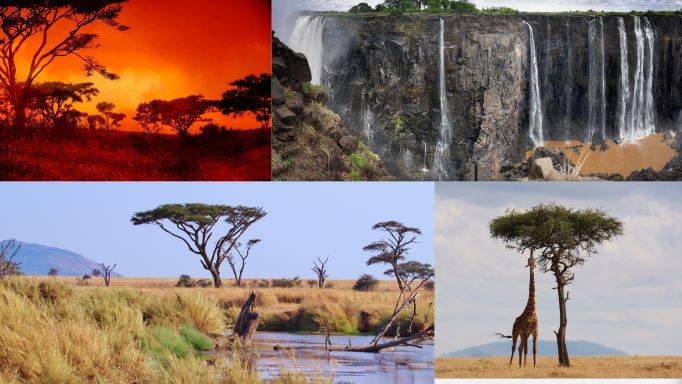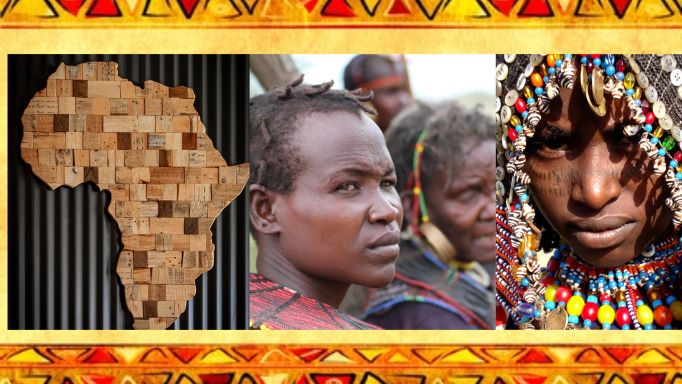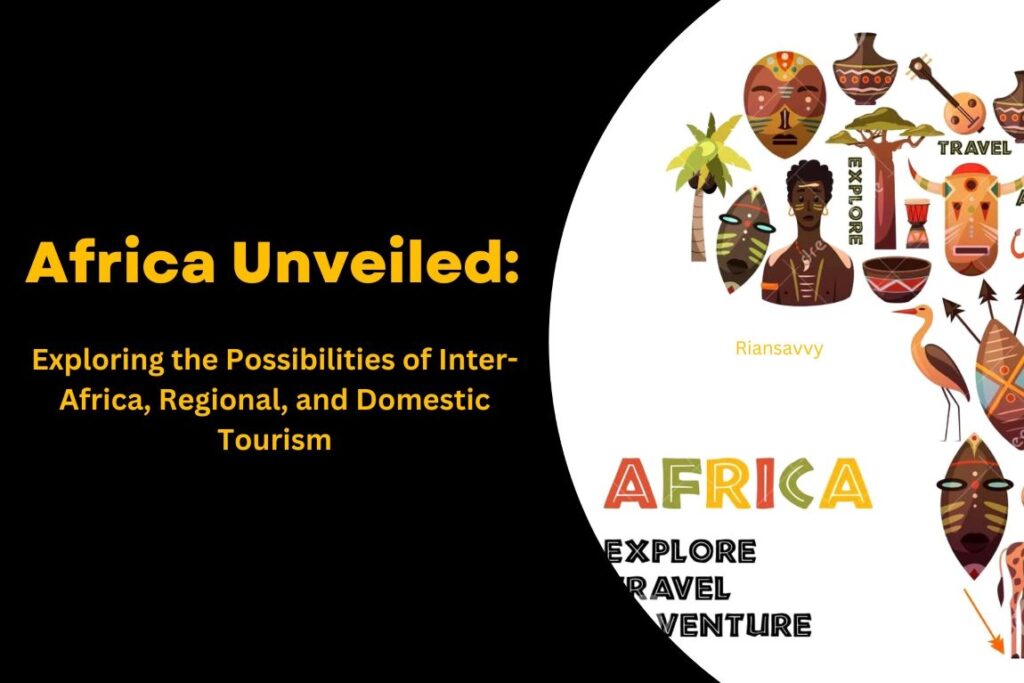By Anniey Mwangi
Welcome everyone. Africa is a continent of diverse cultures, breath-taking landscapes, and unique experiences waiting to be explored. The African tourism industry has seen significant growth in recent years, with more tourists discovering the continent’s natural beauty, rich culture, and history. However, most of the attention has been on the traditional tourist destinations, such as the Serengeti, Victoria Falls, and Cape Town. Still, there is so much more to see beyond these well-known destinations.
In this post, we’ll delve into the possibilities of intra-Africa, regional, and domestic tourism, and the roles that governments and businesses can play in making this type of tourism work in this day and age.
Intra-Africa Tourism (Inter-African)
Intra-Africa tourism (inter-African countries or inter-state) refers generally to travel and tourism within the African continent. For instance, a trip between two or more African countries, i.e. Lagos to Marrakech to Cairo connects three African countries; Nigeria, Morocco and Egypt.
Intra-Africa tourism can be:
- Inter-regional – between countries in different regions, i.e. Dakar to Libreville connects Senegal (West Africa) to Gabon (Central Africa).
- Intra-regional – between countries within the same region, i.e. Lusaka to Harare connects Zambia and Zimbabwe, both within the Southern Africa region.
- Domestic – local or within one’s country – i.e. Nairobi to Mombasa (Kenya).
Despite being the second-largest continent in the world, Africa has one of the lowest levels of both inter- and intra-regional travel.

According to the World Bank, only 10% of all international tourist arrivals in Africa are from other African countries. This is in contrast to Europe, where 63% of all international tourist arrivals are from other European countries.
One of the reasons for this low level of inter-regional travel in Africa is the lack of infrastructure, which makes it difficult for people to travel within the continent. For instance, there are few direct flights between African countries, and the cost of air travel is often prohibitive. In addition, there are often visa restrictions that make it difficult for people to move freely within the continent.
To encourage intra-Africa tourism, governments can work together to improve infrastructure and remove visa restrictions. For example, the African Union (AU) has introduced an African Passport, which will allow citizens of African countries to travel to other African countries without a visa. This will make it easier for people to move around the continent and encourage more inter-regional travel.

Regional Tourism (Intra-Regional)
Regional tourism (Intra-regional tourism) refers to travel and tourism within a specific region of Africa, such as West Africa or Southern Africa. Regional tourism has the potential to boost economic development within these regions by creating jobs and generating revenue for local communities.
To encourage regional tourism, governments can work with businesses to promote the unique cultural and natural attractions of their region. For example, the East African Tourism Platform (EATP) promotes tourism in East Africa by showcasing the region’s diverse cultures, history, and wildlife. By working together, governments and businesses can create regional tourism strategies that will attract visitors and benefit local communities.
Domestic Tourism
Domestic tourism refers to travel and tourism within a person’s own country. Domestic tourism has the potential to provide significant economic benefits to local communities, as it generates revenue that stays within the country.
To encourage domestic tourism, governments can work with businesses to create affordable travel packages and promote local attractions. For example, South Africa’s Tourism Domestic Marketing Strategy encourages South Africans to explore their own country by showcasing the country’s diverse landscapes, cultures, and wildlife. By making travel affordable and promoting local attractions, governments and businesses can encourage more people to travel domestically and support local communities.

The Role of Governments and Tourism/Hospitality Businesses
Governments and tourism/hospitality businesses play a crucial role in making inter-Africa, regional, and domestic tourism work in this day and age. Governments can create policies and provide funding to improve infrastructure, promote local attractions, and remove barriers to travel. For example, governments can invest in airports, highways, and other transportation infrastructure to make it easier for people to travel. They can also work with businesses to create tourism packages and promote local attractions.
Tourism/hospitality businesses, on the other hand, can create tourism products and services that cater to the needs of tourists. For example, businesses can create affordable travel packages, provide accommodation and transport services, and offer guided tours of local attractions. By working together with governments, tourism/hospitality businesses can create a sustainable tourism industry that benefits both tourists and local communities for the long run.
Conclusion
Inter-African, regional, and domestic tourism offer significant opportunities for Africa to drive economic growth, create jobs, and increase revenue for local communities. However, realizing these benefits requires a collaborative effort between governments and tourism/hospitality businesses to invest in the necessary infrastructure, promote the unique cultural and natural assets of the region, and ensure a sustainable and inclusive approach to tourism development.
It is essential to recognize the immense potential of tourism in Africa and commit to fostering an enabling environment for its growth. This includes creating policies that support infrastructure development and private sector investment, as well as promoting responsible tourism practices that protect local cultures, wildlife, and ecosystems. By prioritizing tourism as a key driver of economic development, African countries can unlock new opportunities for their people and create a brighter future for generations to come.
It is our vital role in promoting responsible tourism by choosing to support businesses that prioritize sustainable and ethical practices, respecting local cultures and traditions, and minimizing our impact on the environment.
By being mindful of our actions and choices, we can contribute to the growth and development of African tourism in a way that benefits both the people and the planet. Let us join hands in supporting the growth of tourism in Africa while preserving its unique cultural and natural heritage.



